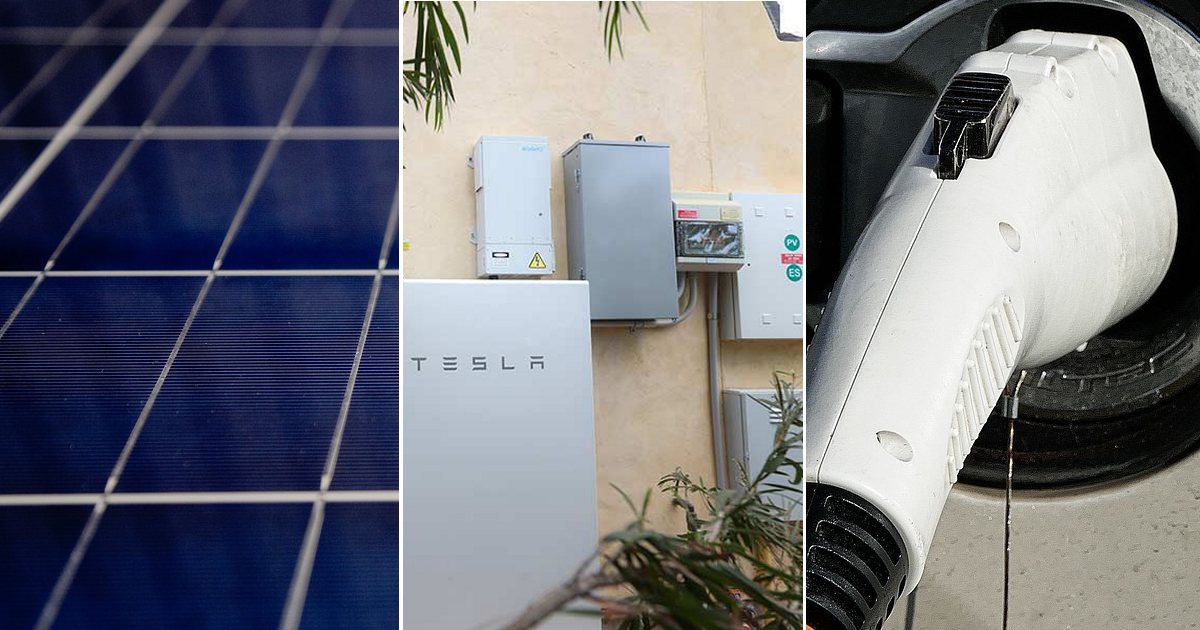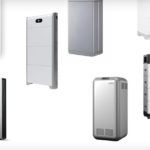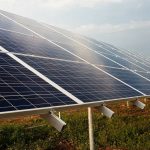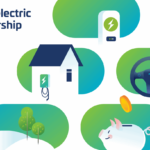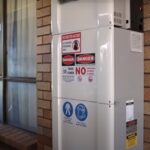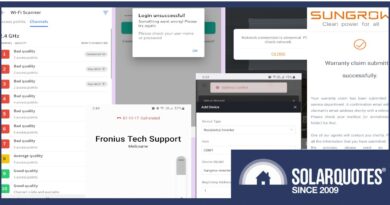Solar, Batteries & EVs In Australia: Intent And Action
Results from Energy Consumers Australia’s latest ECBS survey provides insights into interest and action in relation to home solar, batteries and EV uptake.
Based on fieldwork completed in the middle of August, ECA’s latest Energy Consumer Behaviour Survey was carried out with a sample size of 2,384 households.
In terms of Australians considering purchasing a solar power system, battery storage or an EV at some point (but not soon), the following is how things stacked up in 2022 compared to 2021.
- Solar: 17% (15%)
- Batteries: 24% (21%)
- Electric Vehicle: 23% (18%)
33% of respondents already had solar panels and 9% a home battery. With regard to a purchase within the next 12 months:
- Solar: 5% (5%)
- Batteries: 3% (3%)
- Electric Vehicle: 4% (3%)
… things are static except on the EV front. That’s interesting given electricity price rises prior to the survey. And while there are more power price increases likely on the way, many Australians wouldn’t have been aware of that situation at the time the ECBS survey was carried out.
So, how about purchases in last 12 months?
- Solar: 7% (7%)
- Batteries: 2% (3%)
- Electric Vehicle: 1% (2%)
SolarQuotes saw a significant increase in interest in getting quotes starting around late May. It remained elevated for a while and then tapered off a bit before returning with a vengeance early last week. This was driven by extensive media coverage on predicted further power price hikes. Whether the latest spike in interest will be just a quick sugar-hit and will settle to still-elevated levels or drop back further remains to be seen.
Barriers To Uptake
Commenting on the ECBS findings, Energy Consumers Australia Policy Officer and social scientist Taneesha Amos-Hampson said of the households who don’t have solar panels, only 26% are intending to buy a system or considering it.
“We also see this reticence play out similarly across other technologies such as home batteries and electric vehicles,” said Ms. Amos-Hampson.
The barriers to adoption include – and no surprises here:
- Upfront costs.
- Renters and those living in apartment buildings unable to.
- Able, but not willing due to a perceived lack of good information – or trust.
On the latter, Ms. Amos-Hampson says “both tend to amplify doubt and uncertainty and frustrate action.”
But of the group who don’t have solar panels, 43% are renters and 61% are under financial pressure. It’s a tricky situation – solar panels will save households money and alleviate financial pressure. But the up-front costs even with the solar rebate can still be too great a barrier for many to clear. There are various ways to finance a solar power system, but some need to be approached with caution – such as “Buy Now, Pay Later” (BNPL) solar arrangements.
“Despite the motivating forces brought by the energy crisis we can see an element of gridlock when it comes to adoption of these new technologies and measures,” says Ms. Amos-Hampson. “Consumers, through their lack of action, are telling us that they need more support in moving from interest to action.”
More on the latest ECBS results can be found here, and Ms. Amos-Hampson’s interpretation of the findings here.
Original Source: https://www.solarquotes.com.au/blog/solar-battery-ev-intent-mb2684/



